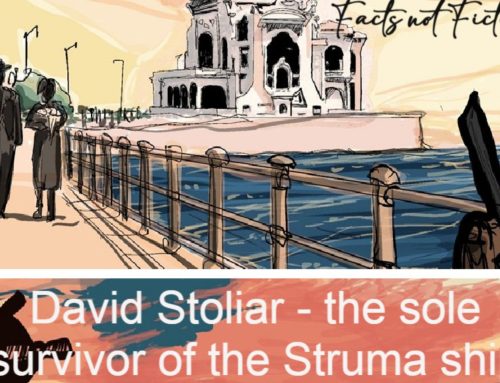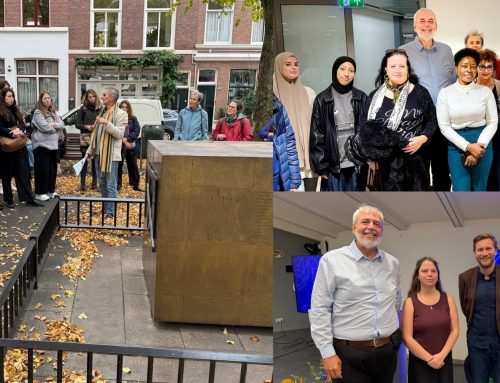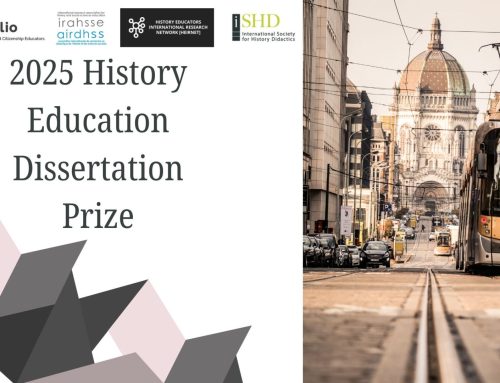Various things are going on in the “E-Story: Media and History” project, in which specialists in history and media education from different organisations from Hungary, Italy, Poland, Slovenia, Spain, the Netherlands and the United Kingdom have combined their efforts to see how history education can help young people acquire media literacy competences. This project poster gives an overview of the project at a glance.
First results
The first results of the project are now accessible online. This includes the first round of an online observatory on how history is represented on TV and internet in the partner countries. Another output is the digital learning environment, or e-Workshop, that the partners have developed.
Current developments
A second round of the observatory in which history on TV and internet is analysed is still in progress, and will be available later this year. The first steps of another outcome of the project, the development of resources that will be published online, including teaching strategies, have also been taken. These and other developments within the project, as well as the next steps, were all discussed during the transnational project meeting in Logroño, Spain, which took place in April. Read more about this meeting here.

Three key aspects of the E-Story website, where all the results of the project will come together and will be freely available
Other developments that are currently in progress are the collection of media literacy competence models from numerous different countries. By collecting these, the partners want to analyse which competences are seen as media literacy competences in different countries, so that they can agree on a model of competences on which they will base the project results. For example, the teaching strategies that will be developed will then be based on this media literacy competences model. This way, the final aim of the project becomes even more clear and concrete.
Finally, the partners have already started to look forward to the next, final project meeting in The Hague, in 2018, which will be organised by EuroClio.
For more information on this project, you can visit the website www.E-Story.eu, or subscribe to the newsletter by sending an email to Steven Stegers at steven@euroclio.eu.
Visit the project page here:












